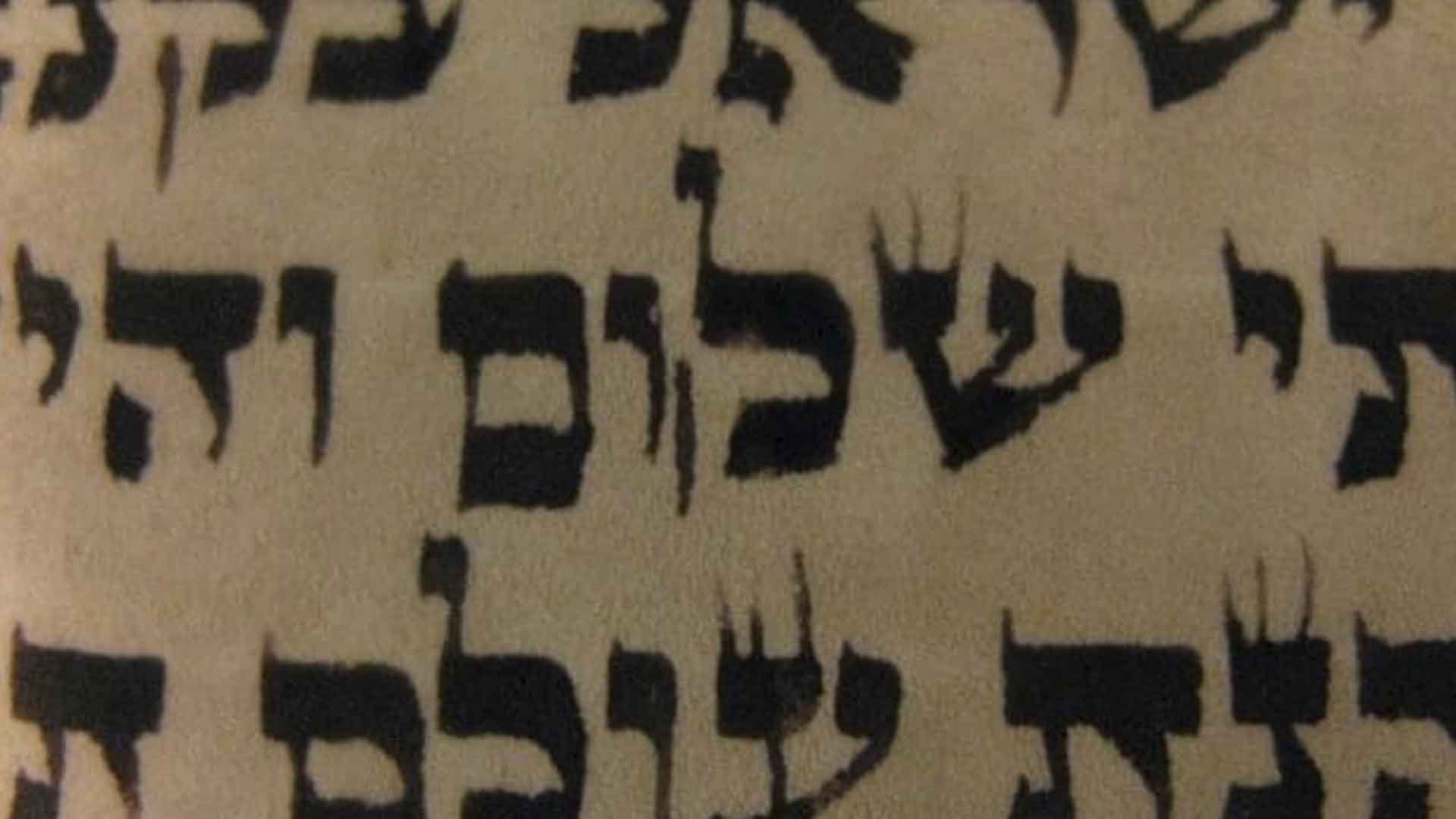For the source text click/tap here: Kiddushin 80
To download, click/tap here: PDF
Steinsaltz (OBM) writes:
The Mishna on our daf introduces the concept of yihud – that a man and woman who are not married to each other should not be in a secluded place together, for fear of sexual impropriety between them. According to the Tanna Kamma, a man should not allow himself to be alone with a woman, or even with two women; a woman cannot be alone with a single man, but if there are a number of men, then there is no problem of yihud. According to the Gemara, we fear that the two women will allow sexual relations to take place between the other man and woman, but that men would be embarrassed about engaging in relations in front of one another.
We start the exploration of this law of seclusion.




















